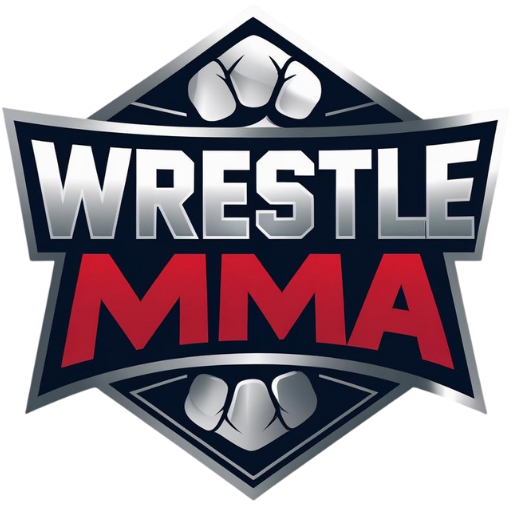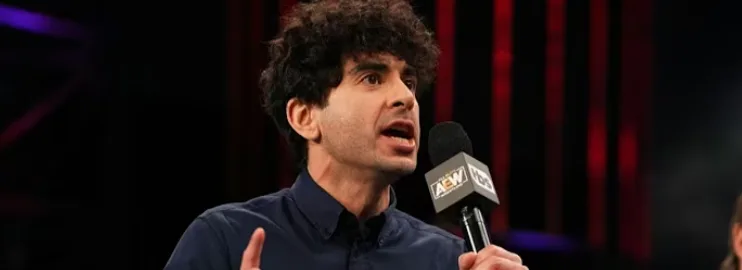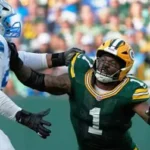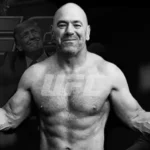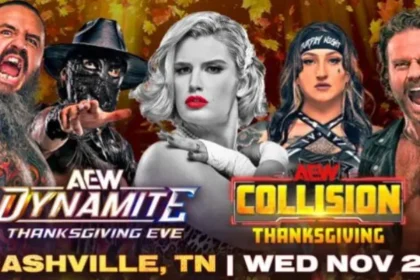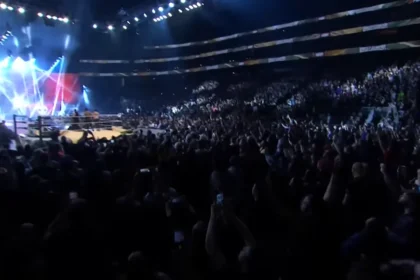The realm of professional wrestling is usually the arena of fan loyalties, and the discussion always revolves between the virtues of WWE and AEW. Debate over every statement, every executive decision is perceived in this arena. However, what occurs when an industry veteran who is respected takes the stage and tells a story that is raw, first-hand hand and gets to the point that is not loaded with tribalism?
That is just what occurred when one of the most popular former WWE Superstars, Maven, who pioneered his way to the top by winning a contest called Tough Enough and who had an in-ring career to remember, made an unfiltered commentary on the backstage atmosphere in AEW and, unexpectedly, praised Tony Khan as someone who could be the best boss in wrestling. His distinct point of view presents an interesting backstage view, not of the online debate.
An Unconventional Visit: Observing AEW Up Close
Maven, who is infamously known by people because he once dropped-kicked The Undertaker in the 2002 Royal Rumble, recently recounted his observations when a guest on the Ariel Helwani Show. He described a particular backstage visit to an AEW show, an experience that obviously made a strong and good impact. This was not a drop-in but rather a chance to have the inside look of one of the biggest wrestling promotions through the eyes of a veteran.
Firsthand Account: A Boss Who Genuinely Cares
The contrast in everything that Maven saw backstage was a direct contrast to the sometimes impersonal nature that can pervade a big company. He not only met a CEO, but he also looked at the practical leadership that valued the welfare of the talent.
I sat and I spent 30 minutes with Tony, and described the picture of active involvement of Khan, Maven elaborated. He would rise out of his producing chair, remove his headphones, and make certain that each of them was healthy and happy with the match that they had just participated in.
This kind of personal treatment, Maven said, was eloquent. It was not all execution of the motions, but actual investment.
“The Best Boss”: Maven’s Unfiltered Verdict
Maven acknowledged the frequent criticism and “flak” Tony Khan receives online. However, his firsthand experience presented a different narrative altogether. He concluded his assessment with unequivocal praise for AEW’s founder.
“AEW seemed like a good place to work, great vibes, and Tony Khan seemed like the best boss to work for,” Maven stated, offering a glowing endorsement. For him, the distinction was clear: “You can tell when someone cares as opposed to when someone’s going through the motions.”
The Weight of Experience: Who is Maven?
To truly appreciate the significance of Maven’s comments, it’s essential to understand his journey and unique standing in the wrestling world. He burst onto the scene in 2001, not through the traditional developmental system, but by winning the inaugural season of WWE’s reality competition, “Tough Enough.” This launched him into the main roster, where he quickly made a name for himself.
Over his career, Maven engaged in memorable feuds with industry giants like Tazz, Shelton Benjamin, Triple H, and, of course, The Undertaker. He captured the WWF Hardcore Championship and was honored as Pro Wrestling Illustrated’s Rookie of the Year in 2002. After departing WWE in 2005 and a brief stint in TNA, Maven found a new platform for his seasoned wrestling insights: his incredibly popular YouTube channel. His current role as an analyst, combined with his diverse in-ring background, gives his opinions a rare blend of insider knowledge and objective perspective. When Maven speaks, the industry listens.
(It’s worth noting that while Maven’s focus was overwhelmingly on Khan, he also offered kind words for WWE’s Head of Creative, Triple H, acknowledging his “intelligent mind” for the business, suggesting a balanced view of the industry’s leaders.)
Beyond the Echo Chamber: The Significance of Maven’s Praise
In an era dominated by fan tribalism and often baseless speculation, genuine, unsolicited praise from a respected industry veteran like Maven carries considerable weight. His account of Tony Khan’s personal attention to every wrestler isn’t merely an anecdote; it paints a vivid picture of a company culture rooted in care and respect.
This kind of leadership, fostering a positive and supportive backstage environment, can be a massive draw for talent. It could be a key factor in explaining why so many wrestlers appear genuinely happy and fulfilled within AEW. Maven’s observations underscore that beyond the on-screen product, the human element, how talent is treated and valued, is paramount in professional wrestling. It compels us to consider the long-term impact this leadership style might have on AEW’s trajectory and its place in the wrestling landscape.
